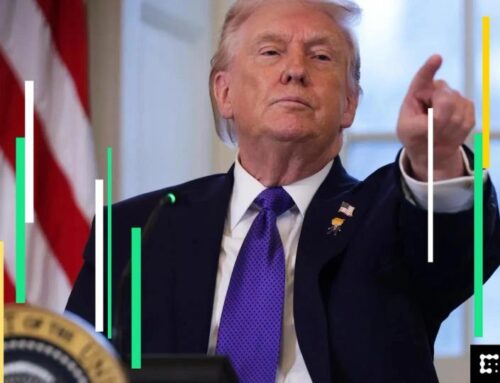Holy See: Middle income countries require more debt-free investment to develop
April 2, 2025
The Holy See calls for Middle Income Countries to be granted access to debt-free financial assistance so that they can reach their full potential without crushing levels of debt.
By Devin Watkins
Archbishop Gabriele Caccia, the Holy See’s Permanent Observer to the United Nations, spoke at a high-level meeting on middle income countries on Tuesday.
He noted the “structural barriers” developing nations face, even though they play a crucial role in the global economy.
Though they account for around one-third of global Gross Domestic Product (GDP), middle income countries are home to 62 percent of the world’s poor.
According to the World Bank, countries with a Gross National Income (GNI) per person between roughly $1,100 and $14,000.
Archbishop Caccia noted that they face significant challenges to their sustainable development, which he said include “conflicts, economic instability, climate change, and more frequent and intense weather events.”
Another burden is the high levels of debt which they have taken on to promote economic development.
“Many middle-income countries already face high debt burdens, and financing that generates further debt risks deepening their financial distress,” he said.
Archbishop Caccia added that middle income countries require foreign investment that can help them realize their full potential and achieve sustainable development without adding to their crushing debt burden.
“The Holy See,” he said, “calls for an increase in accessible, debt-free development financial assistance to ensure that these countries can invest in their future, without fear of being trapped in repayment cycles.”
The Holy See’s representative went on to say the world measures development in a way that penalizes middle income countries.
Archbishop Caccia said the focus on GDP fails to capture the development challenges they face, while limiting their access to resources.
“The overreliance on GDP,” he added, “excludes many middle-income countries from access to concessional financing and other forms of essential support, leaving their development needs unmet.”
The Archbishop called for the use of economic indicators that accurately reflect the economic, social, and environmental dimensions of development.
“Only with these additional indicators can we accurately assess progress and ensure that international development cooperation is tailored to the specific needs of all countries, including middle-income countries,” he said.
In conclusion, Archbishop Caccia expressed the Holy See’s hopes that the Fourth International Conference on Financing for Development will offer a chance to foster more support for middle income countries.
He urged developed nations to expand their access to financing that does not “trap countries in debt, but rather empowers them to achieve sustainable development.”
Search
RECENT PRESS RELEASES
Related Post




